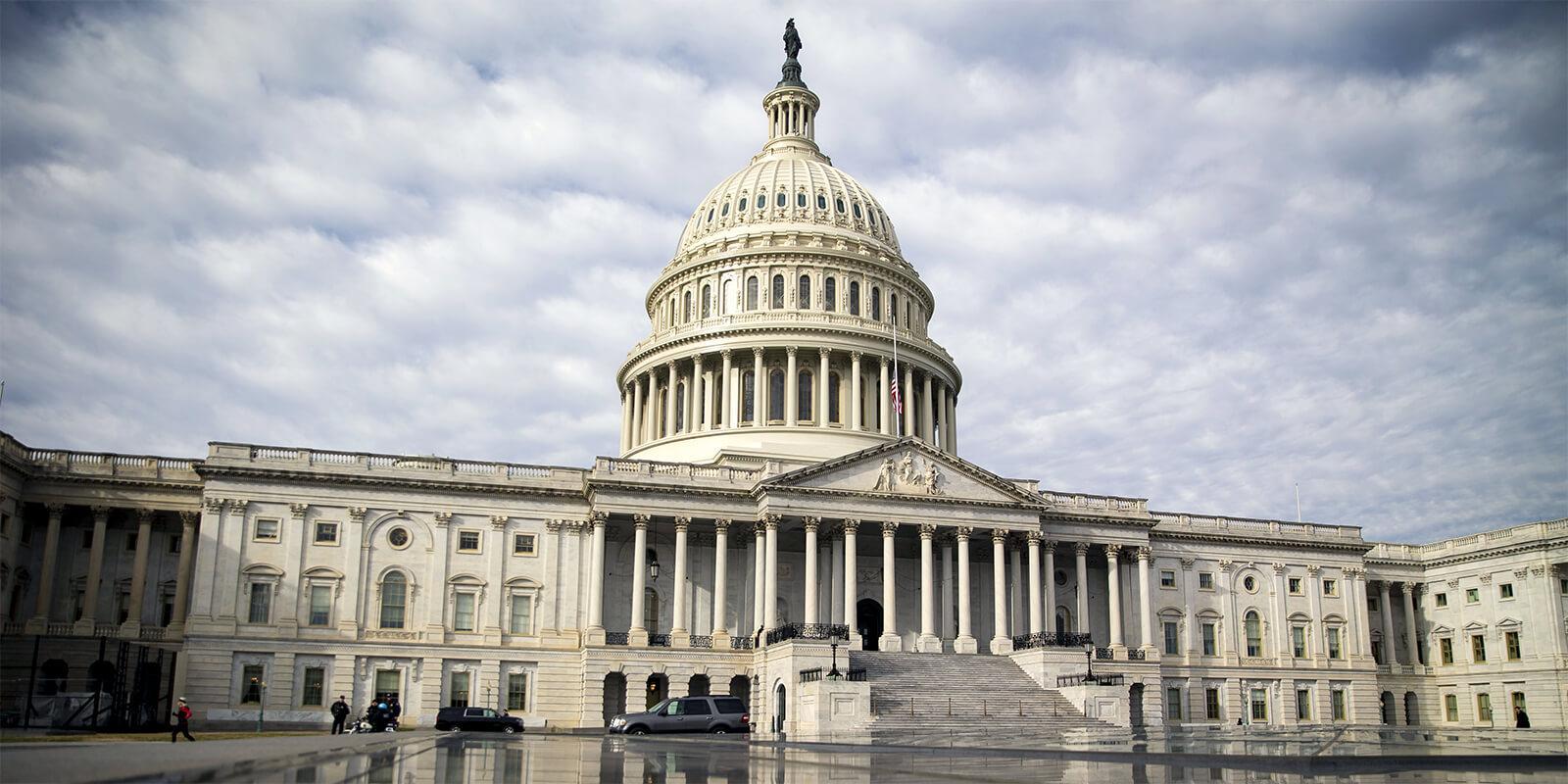It’s become clear that relief bills Congress has approved thus far, including the record $2.2 trillion Coronavirus Aid, Relief and Economic Security (CARES) Act, won’t be enough to quell the health and economic fallout caused by the COVID-19 pandemic.
What other aid should Congress provide? AFSCME has recommendations.
For starters, Congress should provide state and local governments with $700 billion in aid consisting of at least $300 billion in unrestricted aid and $200 billion each in education and health care funding.
“It is becoming apparent that far more assistance may be necessary if the reduction in economic activity extends into the summer,” according to identical letters AFSCME sent to the House of Representatives and the Senate last week.
While the CARES Act provides $500 billion that can be accessed by business and state and local governments, “it is not a substitute for direct assistance,” we say in the letters. “Many states and local governments have limited ability to borrow funds for normal operating expenses and almost all of them face statutory or constitutional debt limits.”
Congress should also repeal a CARES Act rule that restricts the use of a $150 billion Coronavirus Relief Fund just for “unbudgeted” pandemic-response costs borne by states and localities.
“This restriction blocks states from addressing the substantial revenue losses governments are experiencing at a time when there is a sharp increase in the demand for services,” we say.
Our union is also pushing Congress to increase the federal share of funding for Medicaid, a health insurance program that covers low-income and disabled Americans.
Lawmakers increased the federal share of Medicaid funding — called FMAP — by 6.2 percentage points, or roughly $36 billion as part of its relief efforts. But Congress should increase it by at least an additional 15 percentage points so more people can get covered during and after the COVID-19 pandemic.
“An FMAP increase is necessary to ensure states can fund rising Medicaid caseloads without diverting resources from other critical services,” AFSCME wrote.
We are also asking Congress to give Puerto Rico a grant of at least $750 million to cover the island territory’s Medicaid-eligible population.
Furthermore, we want Congress to provide no less than $200 billion to public schools to help them transition to online instruction and support students who lack access to computers or high-speed internet.
Congress should set a deadline for the Occupational Safety and Health Administration (OSHA) to issue a temporary emergency standard on COVID-19 — or pass a law creating such a standard given the Trump administration’s opposition to doing so.
“Protecting workers on the front lines slows the spread of the disease and helps maintain our capacity to meet surging demand for care,” AFSCME wrote. “We have a solemn obligation to those who are putting themselves at risk and we must meet it.”
Many front-line state and local workers have an elevated risk of coronavirus exposure because their state lacks an approved OSHA state plan covering them.
Additionally, we are pushing for free COVID-19 treatments for all patients and for the federal government to pick up all hospital costs above $5,000 for all COVID-19 patients.
AFSCME members have been pushing President Donald Trump hard to fully invoke the Defense Production Act (DPA) and force private companies to make and distribute enough personal protective equipment (PPE) like N95 respirators, COVID-19 testing kits, ventilators and other essential medical supplies. But Trump has balked.
Now we want Congress to order Trump to invoke the DPA, writing, “AFSCME stands with America’s governors, mayors, and public health care officials, who have demanded that the president fully exercise his powers under the DPA.”


